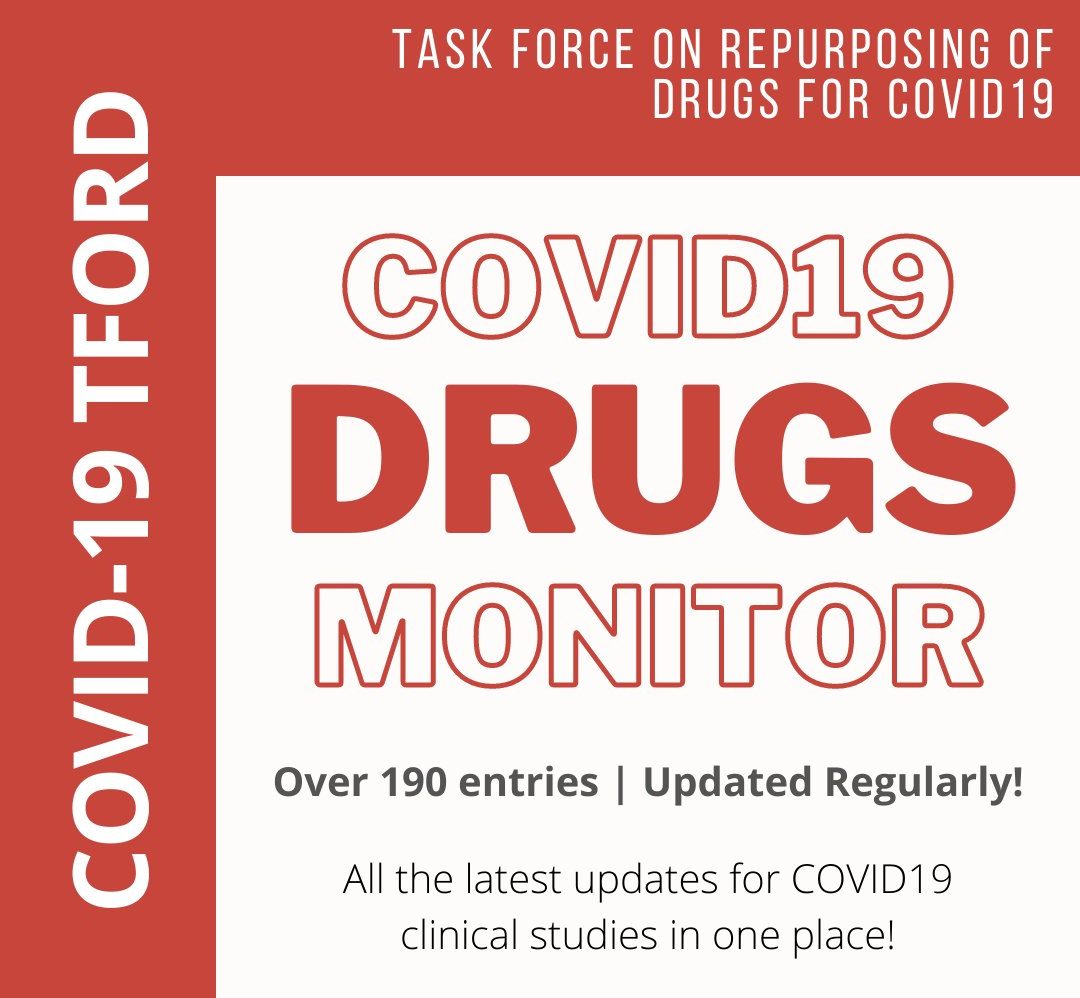(31 Aug 2020) Interferons- IFN β-1b significantly increased the discharge rate at day 14
Interferon beta-1b in treatment of severe COVID-19: A randomized clinical trial
https://doi.org/10.1016/j.intimp.2020.106903
In this study (IRCT20100228003449N27), efficacy and safety of interferon (IFN) beta-1b in the treatment of patients with severe COVID-19 were evaluated. The primary outcome of the study was time to clinical improvement. Secondary outcomes were in-hospital complications and 28-daymortality. 80 patients were enrolled and finally 33 patients in each group completed the study. Time to clinical improvment in the IFN group was significantly shorter than the control group ([9(6-10) vs. 11(9-15) days respectively, p = 0.002, HR = 2.30; 95% CI: 1.33-3.39]). At day 14, the percentage of discharged patients was 78.79% and 54.55% in the IFN and control groups respectively (OR = 3.09; 95% CI: 1.05-9.11, p = 0.03). ICU admission rate in the control group was significantly higher than the IFN group (66.66% vs. 42.42%, p = 0.04). The duration of hospitalization and ICU stay were not significantly different between the groups All-cause 28-day mortality was 6.06% and 18.18% in the IFN and control groups respectively (p = 0.12). IFN beta-1b was effective in shortening the time to clinical improvement without serious adverse events in patients with severe COVID-19. Furthermore, admission in ICU and need for invasive mechanical ventilation decreased following administration of IFN beta-1b. Although 28-day mortality was lower in the IFN group, further randomized clinical trials with large sample size are needed for exact estimation of survival benefit of IFN beta-1b.
